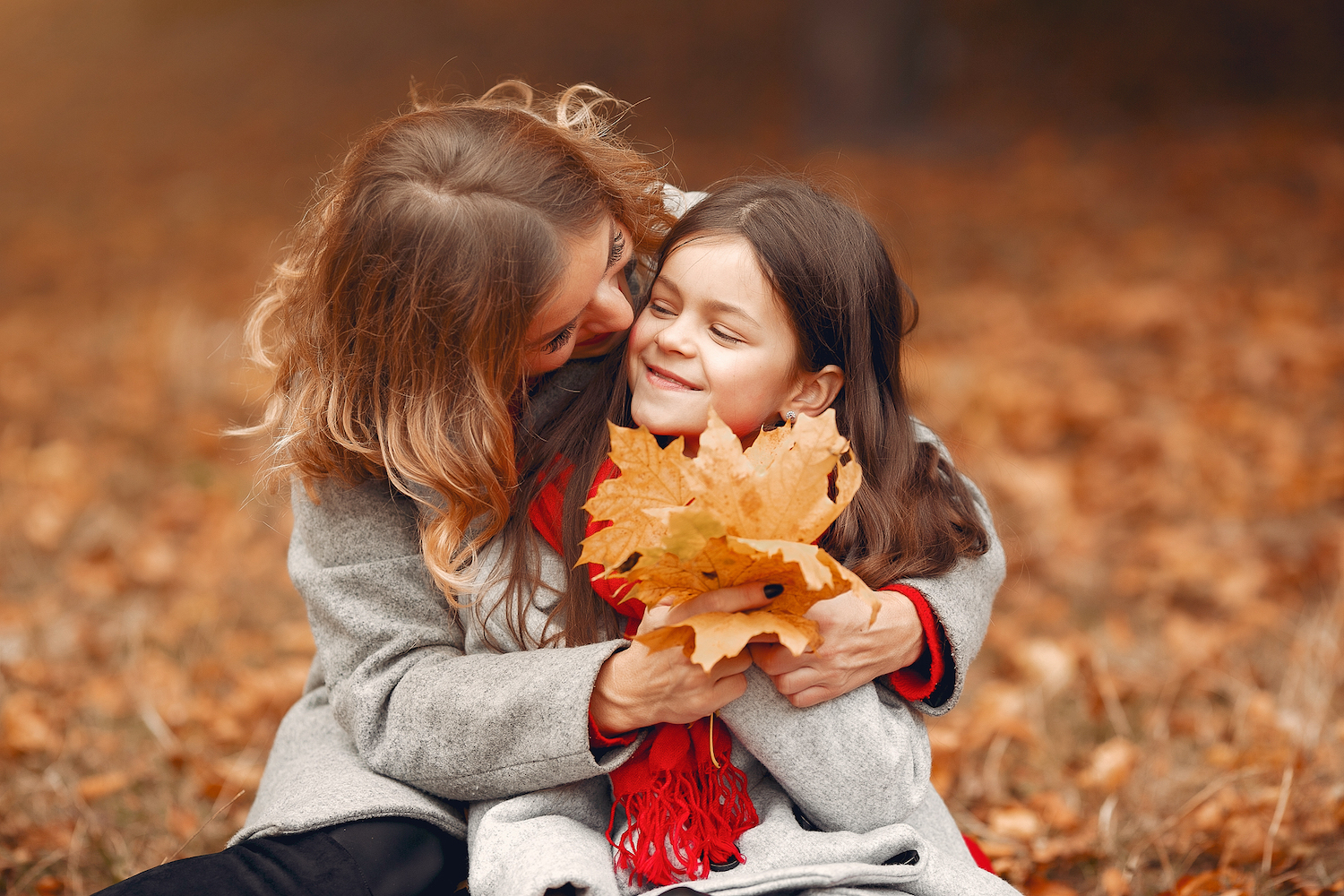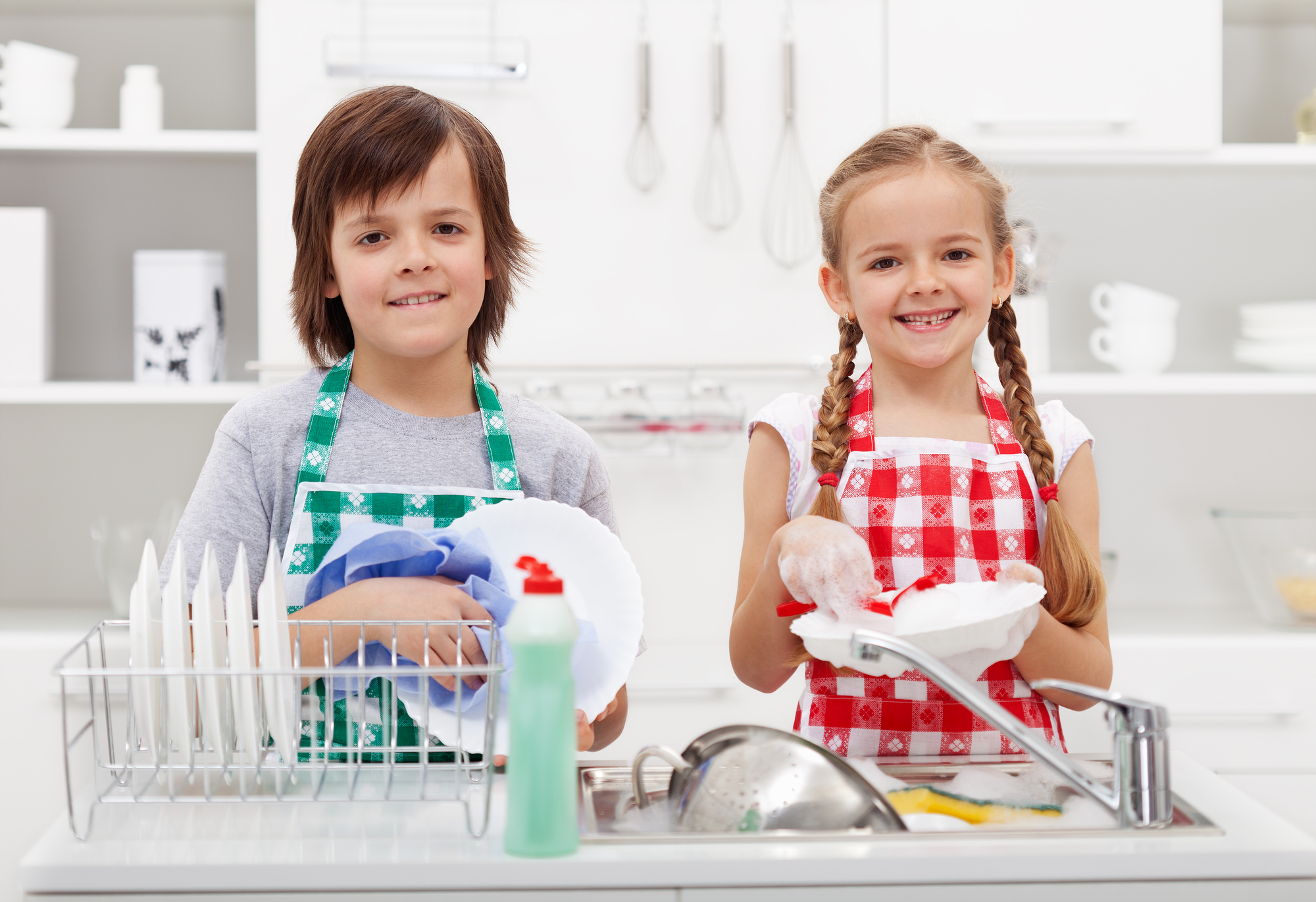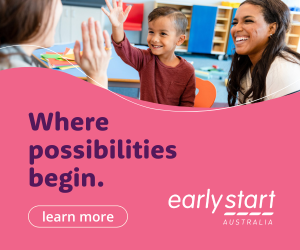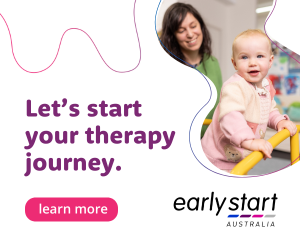Learning to manage big feelings is essential for people of all ages, especially children. Emotional regulation, the ability to manage and adapt our emotions in response to external or internal triggers, is a critical skill. For children, it serves as the bedrock for healthy social interactions, academic success, and overall mental health. But what does emotional regulation really look like for children, and how can parents help nurture this skill? This article will explore the concepts of emotional regulation and co-regulation and provide actionable tips to support your child’s emotional development.
What Is Emotional Regulation?
Emotional regulation refers to the ability to recognise, understand, and manage emotions in ways that allow us to navigate daily challenges. Imagine a child who becomes upset when a favourite toy breaks. Emotional regulation allows them to calm down, understand their frustration, and find a solution, like asking for help to fix a toy or playing with something else. This process can be particularly challenging for children whose emotional regulation systems are still developing, often resulting in tantrums or meltdowns.
Co-Regulation: The First Step
Co-regulation is a collaborative process where children rely on others, typically parents or caregivers, to help them manage their emotions. Picture this: a parent calmly talking a child through their upset, offering a reassuring presence or gently guiding them through breathing exercises. This external support helps children return to a state of calm and teaches them how to self-regulate over time. Co-regulation is not only developmentally appropriate but also necessary as it lays the groundwork for self-regulation.
The Goal: Developing Self-Regulation
While co-regulation is essential, the ultimate aim is for children (and adults!) to develop self-regulation—the ability to independently manage emotions and behaviours. This doesn’t mean that a child will never have a meltdown again, but rather that their emotional responses will more closely match the situation, and their reactions will become less frequent and intense. For example, a child might still feel frustrated but may use coping strategies like deep breathing to calm themselves rather than acting out.
Supporting Self-Regulation: Practical Tips for Parents
While co-regulation plays a crucial role in early emotional development, here are some additional strategies to help children build self-regulation:
-
Foster Emotional Awareness
Encourage your child to identify and label their emotions. “Are you feeling frustrated, sad, or excited?” Validating their feelings without judgment helps them understand and process their emotions. For example, if a child is upset because they can’t have a treat, say, “I can see you’re disappointed. It’s okay to feel that way.” This simple acknowledgment lets children know their feelings are valid, even if they can’t always get what they want. -
Teach Coping Strategies
Equip your child with a toolbox of strategies they can use when emotions run high. These might include deep breathing exercises, mindfulness, or sensory activities like using slime or blowing bubbles. For example, a child who is feeling anxious before school might use a “bubble breath” to calm themselves. By providing options, children feel more in control of their emotions. -
Establish Routines
Consistent routines provide security, helping children regulate their emotions. Regular mealtimes, a consistent bedtime routine, and time for play and relaxation all contribute to emotional stability. When children know what to expect, they are better able to handle transitions and changes in their environment. -
Encourage Problem-Solving
Help your child develop problem-solving skills by guiding them to find solutions to their challenges. For example, if a child is upset over a dispute with a sibling, encourage them to brainstorm ways to resolve the conflict: “What do you think would make you feel better about this situation?” Teaching them to navigate their own emotions empowers them to deal with future challenges independently. -
Model Healthy Emotional Regulation
Children learn by example. If you demonstrate healthy ways to express emotions and manage stress, your child is more likely to adopt those same behaviours. This can be particularly challenging for parents who have their own struggles with emotional regulation. However, showing vulnerability and openly talking about emotions can be a powerful teaching tool. For instance, you might say, “I’m feeling frustrated right now, so I’m going to take a few deep breaths to calm down. It helps me feel better.” -
Provide Supportive Feedback
Praise your child for their efforts in managing emotions. Recognizing progress, even small steps reinforces positive behaviour. Instead of only acknowledging when they’re calm after a meltdown, focus on the efforts they made to try and calm themselves, such as using breathing exercises or talking about their feelings.
Real-Life Applications
As emotional regulation is a lifelong skill, it’s helpful to see its real-world applications. For example, when children are able to regulate their emotions, they tend to have better academic outcomes because they can focus, resist distractions, and handle challenges in the classroom. Additionally, emotional regulation helps children form healthy relationships by enabling them to manage conflicts and express their feelings appropriately. A child who can recognise when they are upset, ask for a break, and use coping strategies are better equipped to engage in positive social interactions.
Additional Support
Remember, emotional regulation is a skill that takes time to develop. If your child continues to struggle with emotional regulation, consider reaching out to a therapist or psychologist specializing in child development. Occupational therapists, in particular, can offer targeted strategies based on your child’s individual needs.
Conclusion: Empowering Children with Emotional Regulation
Emotional regulation is more than just a way to avoid tantrums—it’s about empowering children to handle life’s ups and downs with resilience and confidence. Through co-regulation, teaching coping strategies, and modelling healthy emotional behaviour, parents can guide their children to develop the self-regulation skills that will serve them well throughout their lives.
By focusing on emotional awareness, problem-solving, and consistency, you’re laying the foundation for a child who can navigate their feelings with greater ease. Remember, this process takes time and patience, but with your support, your child will be well on their way to mastering emotional regulation.
For additional guidance, don’t hesitate to consult with an occupational therapist or child psychologist who can tailor strategies to your child’s specific needs. Together, we can help our children grow into emotionally resilient and confident individuals.
Still need support? Reach out to an occupational therapist or psychologist who has experience working with children.









